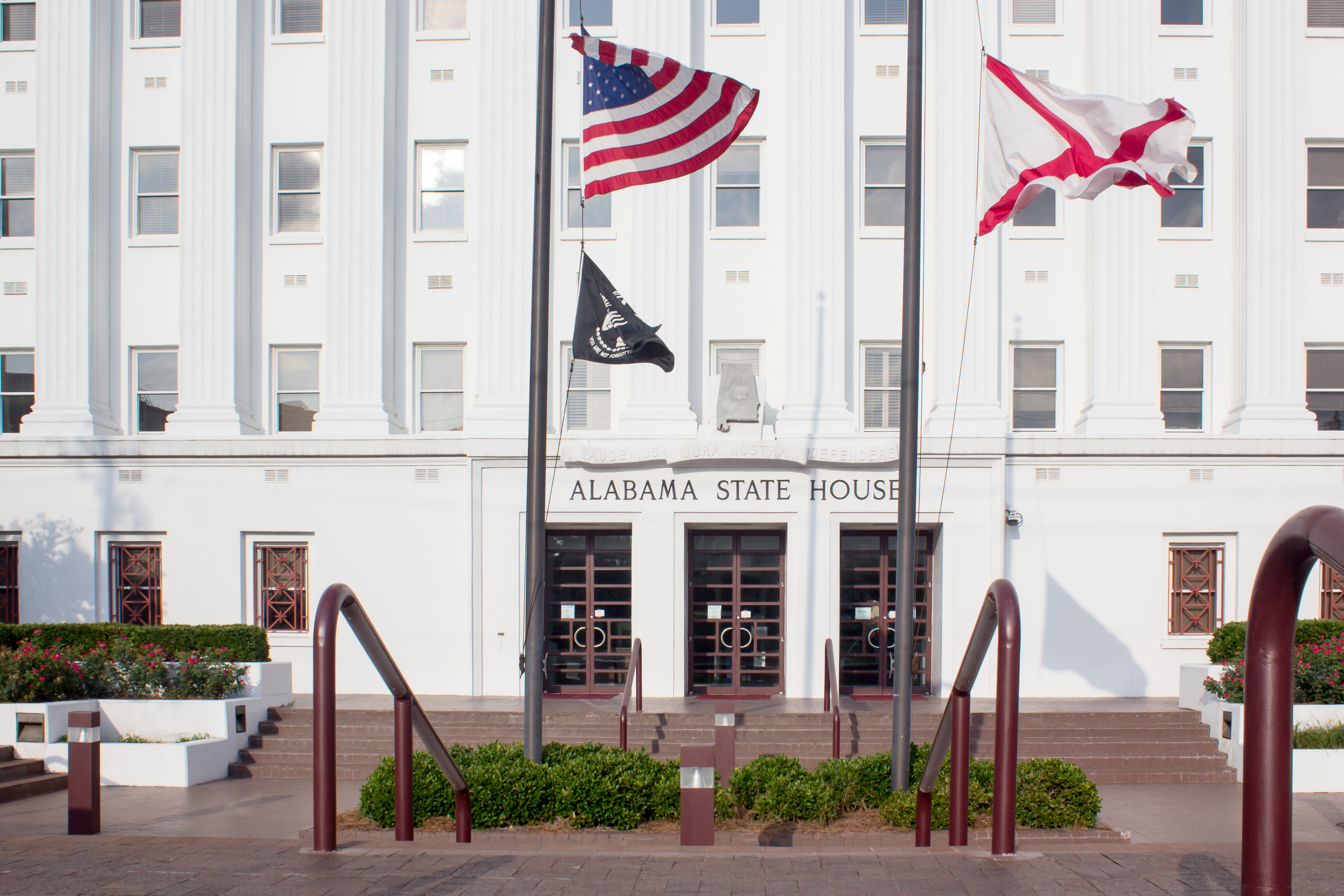|
Getting your Trinity Audio player ready...
|
On Wednesday a public hearing was held for a bill that would penalize companies if they voluntarily recognize a union without a secret ballot process.
The legislation, SB231, is sponsored by Sen. Arthur Orr, R-Decatur, and will condition the eligibility of companies to receive state incentives on if a secret ballot process is held. Incentives include loans, grants, and tax credits.
“What it does is make the vote on organizing a union a secret ballot if you’re going to receive state funds,” Orr said.
Orr has previously stated the bill was inspired by similar legislation in Tennessee and Georgia. The American Legislative Exchange Council (ALEC) adopted the Tennessee version of the bill to become model legislation last year.
Orr is affiliated with ALEC as he was recently named an ALEC policy champion for carrying Alabama’s school choice bill which was signed into law in March.
16 opponents of the bill and three supporters signed up for the public hearing but not everyone who signed up to speak was able to be heard. Chairman of the committee Garlan Gudger, R-Cullman, only allowed three opponents to speak because of time constraints and to make it an equal number to the proponents.
Sen. Vivian Davis Figures, D-Mobile, and Sen. Merika Coleman, D-Birmingham, both attempted to appeal to Gudger to allow all of the individuals who signed up. Coleman said that many people came from all over the state just for the public hearing only to realize they won’t be able to speak.
“The purpose of public hearings is to hear from the public,” Figures argued.
Gudger responded saying the meeting had already gone over an hour and, “it is up to me to have my own decision so this is what we’re gonna do.”
Alabama Policy Institute President and CEO Stephanie Smith, spoke in support of the bill saying workers should be able to vote for whether they do or do not want a union without coercion.
Haeden Wright, a senior organizer for Jobs to Move America, warned that if the bill was signed into law it would likely lead to litigation because voluntary recognition is part of federal law.
“Passing this legislation would mean a long court battle for all of you as it will almost certainly be struck down,” Wright said. “You cannot supersede federal law with state law. There are two paths recognized at the federal level and recognition is one.”
The bill passed the committee on an 11-3 vote and will move to the Senate floor. If passed the bill will take effect in 2025.





















































